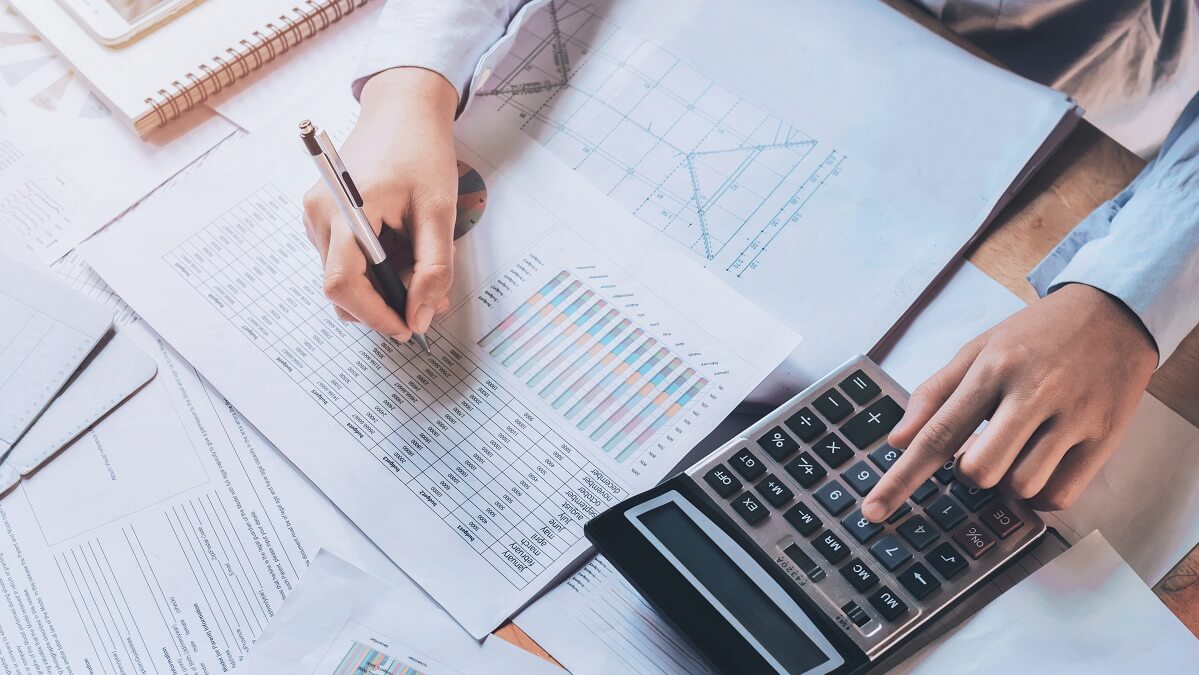Tax time is fast approaching, and the Australian Taxation Office (ATO) has revealed three key areas it will be focusing on this year. Make sure you don’t get caught out.
In just under two months the 2022-23 financial year comes to a close, and it will once again be time to lodge your tax return.
This year, ATO assistant commissioner Tim Loh says the ATO will be prioritising areas in which they regularly see mistakes being made: deductions related to investment properties, work-related expenses and incorrect capital gains tax reporting.
“Within these areas, we have identified common mistakes, and are particularly focused on addressing these and supporting taxpayers and registered tax agents to get their claims right this year,” Mr Loh says.
Popular plans right now
Investment properties
An ATO review of previous income tax returns found around nine in 10 landlords fill out their tax return incorrectly.
The main issues are usually rental income being left off the return, overclaiming for property-related deductions or claiming for improvements to private property.
The ATO will be particularly focused on expenses relating to interest payments on mortgages. They are particularly keen to ensure rental property owners understand how to correctly apportion loan interest where part of the loan was used for private purposes.
“You can only claim interest on a loan used to purchase a rental property to earn rental income. Don’t forget, if your loan also includes a private expense, such as for a new car or a trip to Bali, you can only claim an interest deduction for the portion relating to producing your rental income,’ Mr Loh says.
This can be tricky to work out, which is why around 87 per cent of individual landlords use a registered tax agent to prepare their returns.
Capital gains tax
Capital gains tax (CGT) applies when you sell assets such as shares, crypto, managed investments or properties. To make sure you are paying the right amount of tax, you need to calculate a capital gain or capital loss for each asset you dispose of unless an exemption applies.
“Generally, your main residence is exempt from CGT, however if you have used your home to produce income, such as renting out all or part of it through the sharing economy, for example, Airbnb or Stayz, or running a business from home, then CGT may apply,’ Mr Loh says.
The ATO wants to reinforce to taxpayers the importance of keeping records of the income-producing period and the portion of the property used to produce income to calculate your capital gain.
“Don’t fall into the trap of thinking we won’t notice if you sell an asset for a gain and don’t declare it,’ Mr Loh says.
Work-related expenses
With the strict lockdowns of the pandemic behind us – but work from home still with us – it’s important to claim work-related expenses correctly.
This year, Mr Loh says taxpayers can choose one of two methods to claim working from home deductions: either the ‘fixed rate’ or ‘actual cost’ methods.
For claims using the fixed rate method, most work from home tax deductions are combined into one flat rate of 67 cents per hour worked at home. The rate is intended to cover gas and electricity use while working, home and mobile phone expenses and internet bills.
When using this method, you must keep an accurate record of actual hours you worked from home, through timesheets, rosters, employer logs, time-tracking apps, or a regularly updated calendar, logbook, spreadsheet, or similar.
The ‘actual cost’ method of claiming is what it says on the tin – using the actual cost of deductions in your claim. But you will need to keep receipts and other records of the actual price you pay.
“Keeping good records will give you flexibility to choose the right method that suits your circumstances and gives you the best deduction this tax time,” Mr Loh says.
Do any of these tax areas apply to you? Do you find it easy to keep the records the ATO requires? Let us know in the comments section below.

